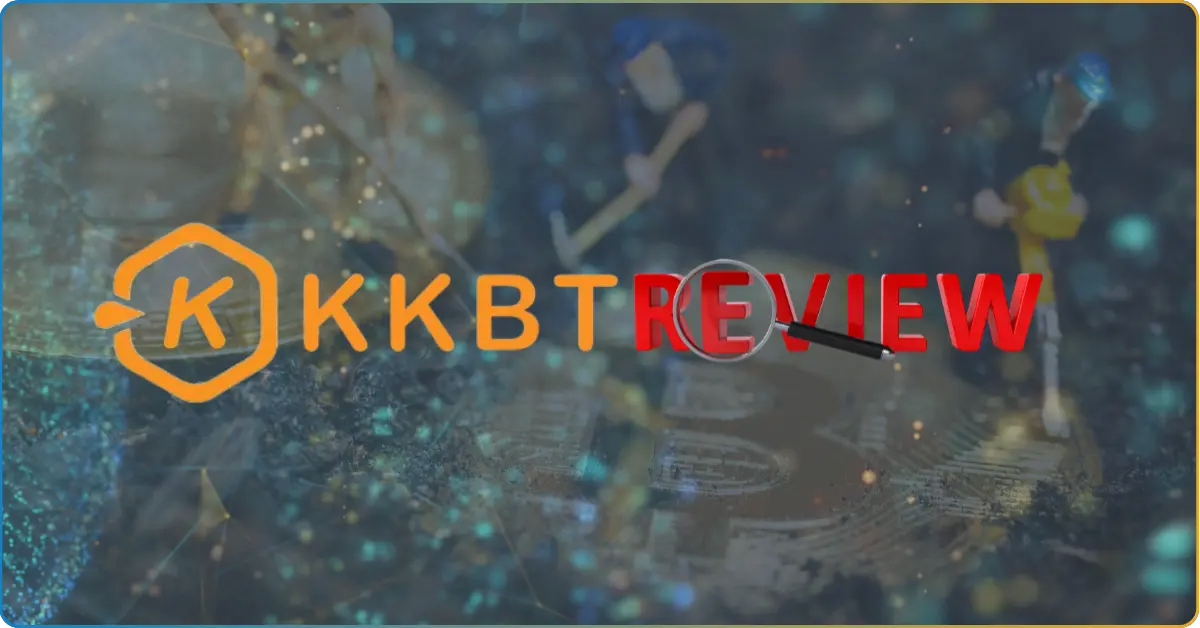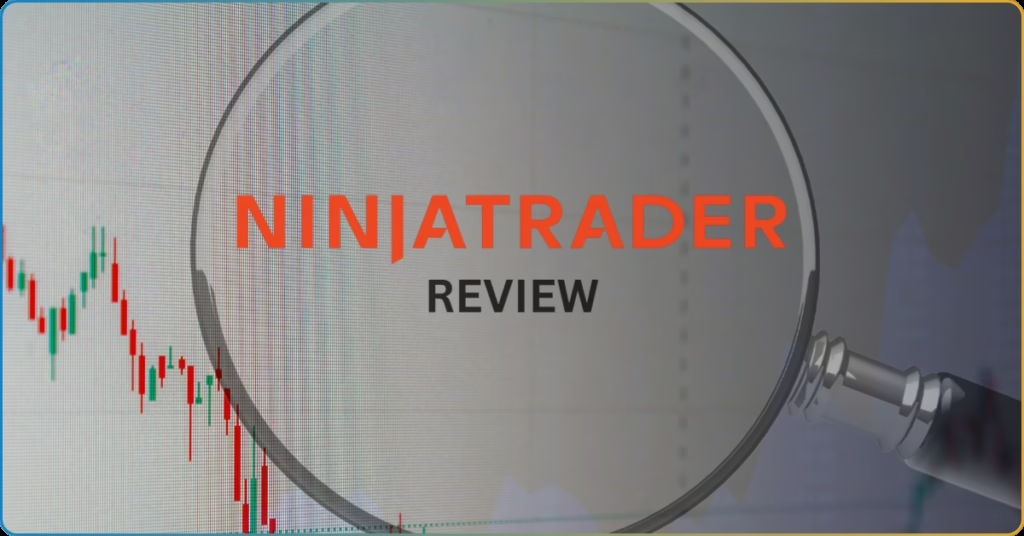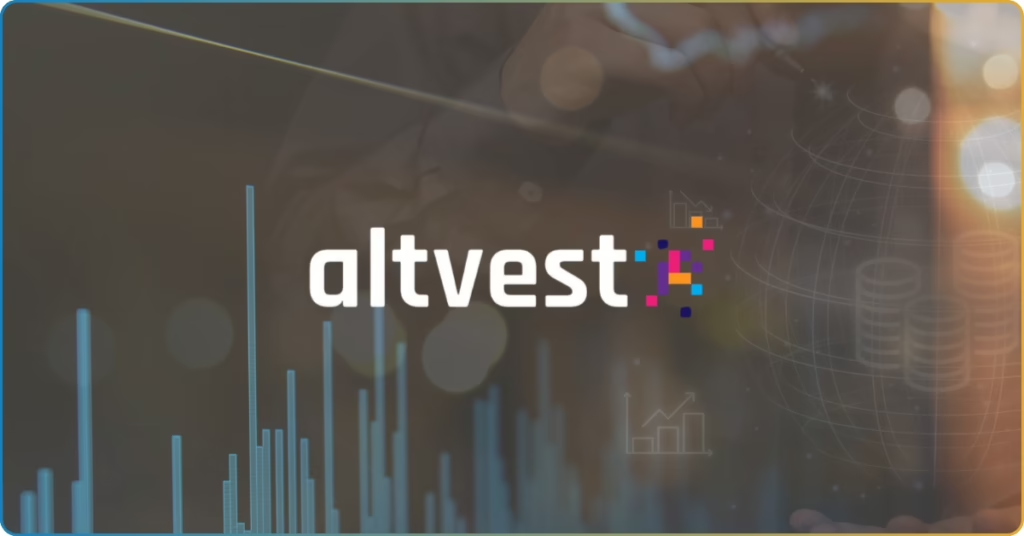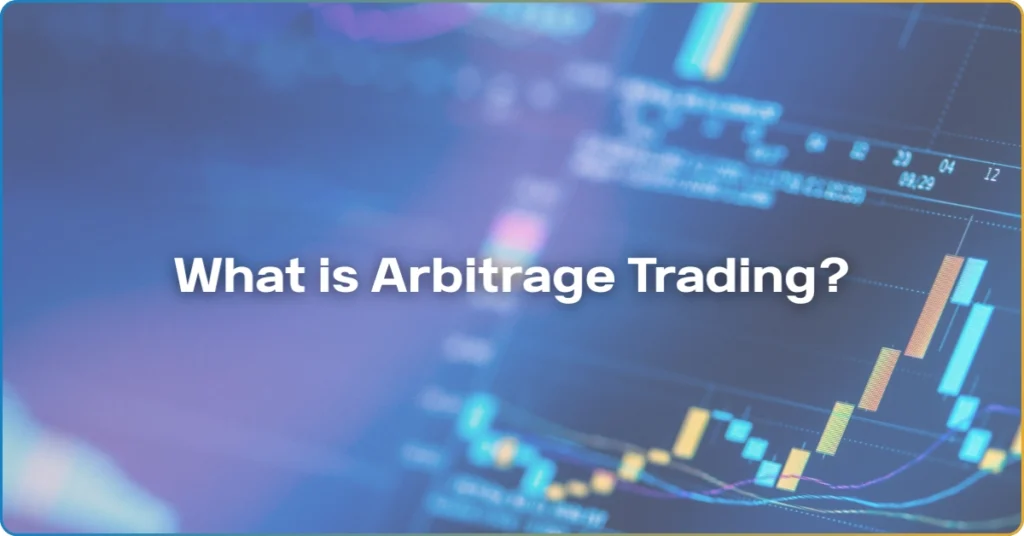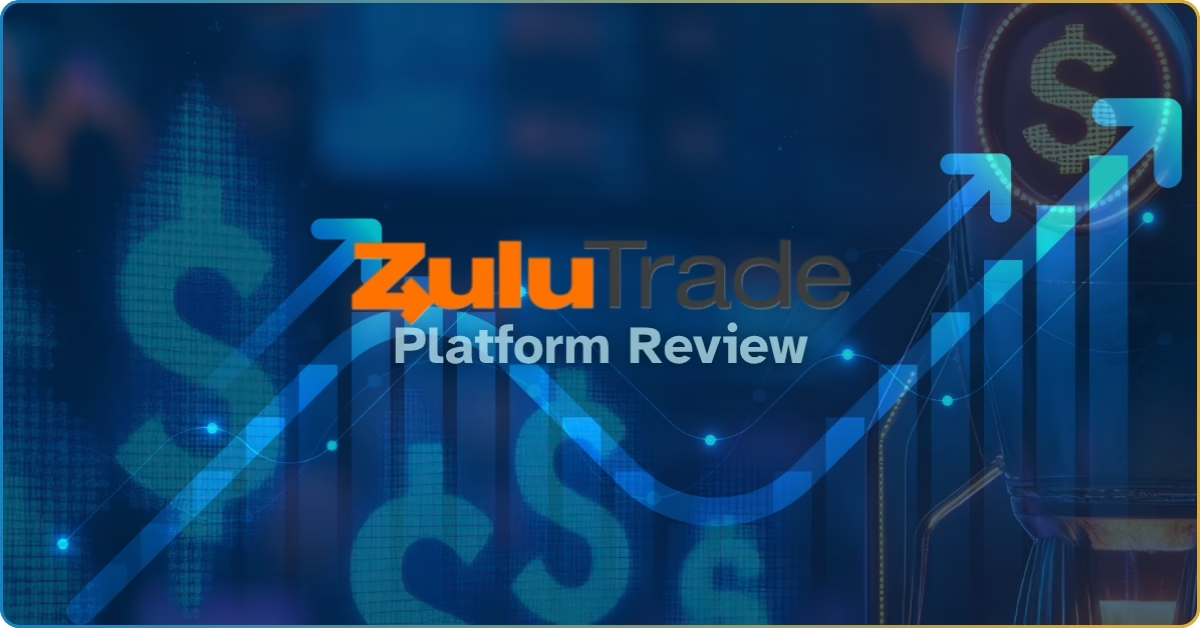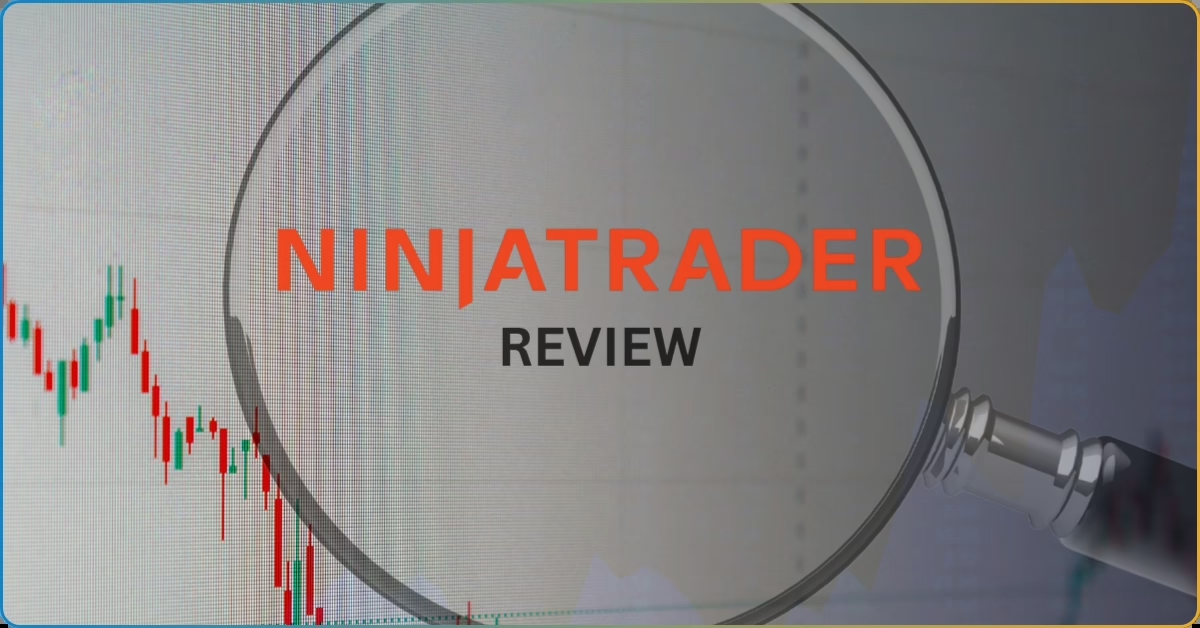KKBT is a South African crypto mining company exposed for operating a Ponzi scheme. It promoted a misleading “upgraded” CPOC mining model, luring investors with false promises like free registration and R40 welcome bonuses. This ultimately led to several victims falling into a scam.
When the word “Ponzi scheme” appears alongside a company’s name, most financial experts will tell you one thing: run.
KKBT is a name that recently gained attention in South Africa, but not for a good reason. This prompted a critical question: “Is KKBT just another Ponzi scheme that traders should be cautious of?”
Spoiler alert: Yes — KKBT Mining is a scam.
In this TRU Insight, we’ll explore the full scope of KKBT’s operations. Reviewing schemes like this isn’t just about exposure; it’s a form of financial awareness.
Our experts conducted a thorough investigation to help you reach one essential conclusion: Awareness is key to scam prevention.
Keep reading to uncover the facts underlying the mining scam.
What is KKBT Cryptocurrency?
KKBT is a cryptocurrency mining platform launched in 2022, operating under the South African domain: kkbt-za.com.
It promotes itself as a website for earning “easy money,” targeting users with promises that sound too good to be true, like free registration.
With just a smartphone and an internet connection, users are encouraged to start earning. To entice potential investors, they also welcomes investors with an R40 sign-up bonus — all these tactics being part of its strategy to attract attention.
However, the lack of transparency about the company’s ownership raises serious concerns. This leads people to ask: “Is KKBT truly a scam?”
Several traders in our trading community have discussed the dangers of Ponzi schemes and deceptive platforms like KKBT.
Join verified traders in creating a safe space for insightful conversations and gain first-hand access to alerts and scam stories you need to watch out for.
Is KKBT legit or a scam?
As mentioned earlier, the short answer is yes — KKBT is a scam.
Our experts also discovered that the company is not registered with any financial authority, including South Africa’s primary financial regulator, the Financial Sector Conduct Authority (FSCA).
Regulatory Background
Based on our experts’ insights, here’s what you need to know before clicking that tempting KKBT mining login button.
Without any regulatory oversight, this crypto mining company has been flagged as a Ponzi scheme by our experts. Their investigation revealed that the company operates two separate domains, each targeting different countries — a clear sign of its deceptive intent.
Read more: What Is an Investment Ponzi Scheme: South Africa Financial Terrorists
Scam Operations Across Two Domains
Here are the two domains:
- kkbt-za.com: this domain was specifically targeted at South African users.
- kkbt. In:This domain, on the other hand, was aimed at users in India.
Both websites were linked to mobile apps and tailored to the respective country’s currency and language. These app-based platforms followed a Ponzi-style model, using a “click-a-button” mechanism to simulate cryptocurrency mining.
According to our experts, KKBT claimed to use an upgraded version of Conditional Proof of Capacity (CPOC) mining. This is a consensus algorithm that allows users to earn money simply by clicking a link.
Investors were instructed to click a button to “mine” cryptocurrency, and each click supposedly generates mining revenue. However, this was merely a façade.
As interest grew and stakes got higher, the website eventually went offline — marking the beginning of their scam operation.
What is KKBT’s Mining Process?
They uses several tactics to lure investors. But overall, they present themselves as a harmless cryptocurrency mining platform, claiming to use CPOC mining.
Modus Operandi That Attracts Investors
Many investors believe they’re putting money into crypto mining machines. In reality, however, they operate through various apps linked to country-specific domains, offering free registration and a R40 sign-up bonus to attract users.
Additional incentives include:
- R2 rewards for completing tasks
- R3 for every successful referral
- A minimum withdrawal threshold of R60
However, our experts noticed that their system only allows users to withdraw small amounts, typically one to three times, and prevents full withdrawals.
They also promotes false claims, such as promising that additional investments will double in value.
Once users had deposited funds, the scammers shut down the app, website, and domain, then redirect investors to a new platform. There, they were encouraged to make another payment to “recover” their previous funds.
The cycle continues as they feed users misleading information, claiming investigations are underway. Investors find themselves trapped in a loop, constantly paying in hopes of retrieving their money.
In some cases, our experts also discovered that KKBT even claims it can hack accounts to recover lost funds, but only if users make yet another payment.
A Closer Look at the KKBT Ponzi Scheme
Over time, our experts have identified recurring patterns in Ponzi schemes. This crypto mining scam, in particular, revealed several red flags that raised serious concerns.
Our experts compiled a list of key indicators manifested by the KKBT scam to help you take a more cautious approach when suspecting a scam.
Below are these indicators:
- They also showed signs of a pyramid scheme, urging members to promote the platform daily across online channels.
- While free registration isn’t inherently suspicious, combining it with promises like earning money using only a smartphone — plus a registration bonus — is highly questionable.
- The platform offered multiple investment packages, each with varying levels of risk. The higher the package, the greater the promised returns.
- Daily returns were based on the price of the selected package.
- Claimed earnings were automatically reflected in users’ KKBT accounts.
- KKBT ran a Ponzi scheme by recycling user funds internally instead of generating real market value.
Frequently Asked Questions (FAQs)
How Does KKBT Operate in South Africa?
KKBT originated in South Africa, operating under the domain: kkbt-za.com. Many investors were drawn in by the promise of free registration and an “easy money” model, where users simply click an app to earn through mining, renting, or investing in virtual machines.
Is KKBT Gaining Traction in India?
Not significantly. Our experts found that the domain kkbt. In, which targets Indian users, has shown a decline in investor recruitment activity.
Which Countries Did KKBT Target?
KKBT targeted various regions in Asia, with a particular focus on South Africa and India. They created country-specific domains and apps, luring investors with free registration and enticing offers.
Once investments were made, the websites were taken down, leaving users without access to their funds.
Final Verdict: How to Avoid Ponzi Schemes
KKBT Mining’s Ponzi scheme exposure reflects a troubling pattern of crypto-related scams echoing across many regions in Africa. Repeated encounters with Ponzi schemes have led to devastating financial losses and, in extreme cases, even cost lives, as seen in the MMM Nigeria scandal.
Every country has its own market vulnerabilities. It’s important to recognize that investors are often misled by promises that seem too good to be true.
If earning money feels too easy, it’s worth questioning. Financial literacy is the foundation of smart investing. With the right knowledge, you don’t have to navigate your trading journey alone.
CommuniTrade offers a trustworthy solution — a verified trading community supported by experienced traders and financial experts.
Beyond the network, it provides tools to strengthen your financial education.Staying informed, aware, and educated is your first line of defense. Let CommuniTrade be your starting point.

